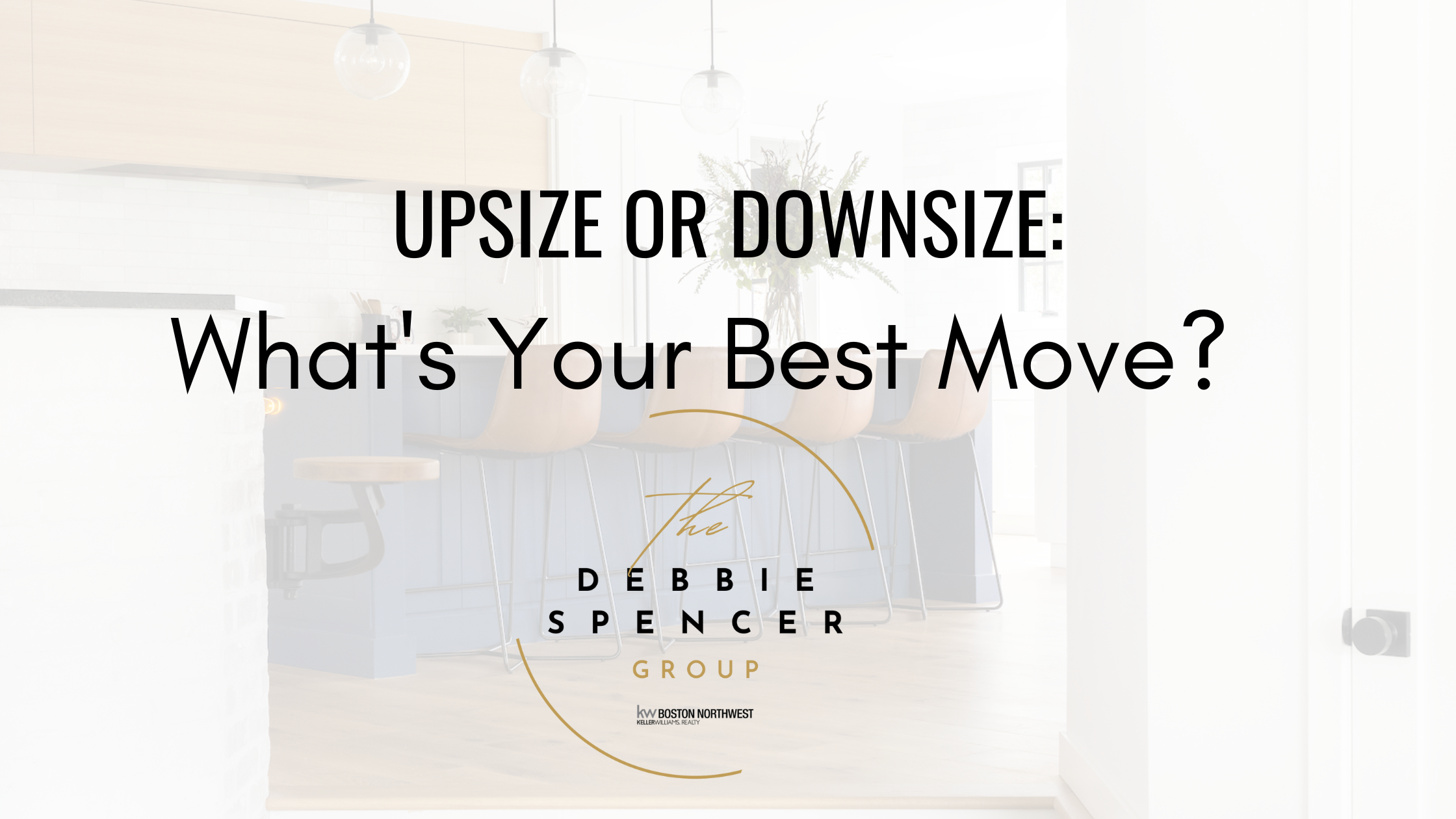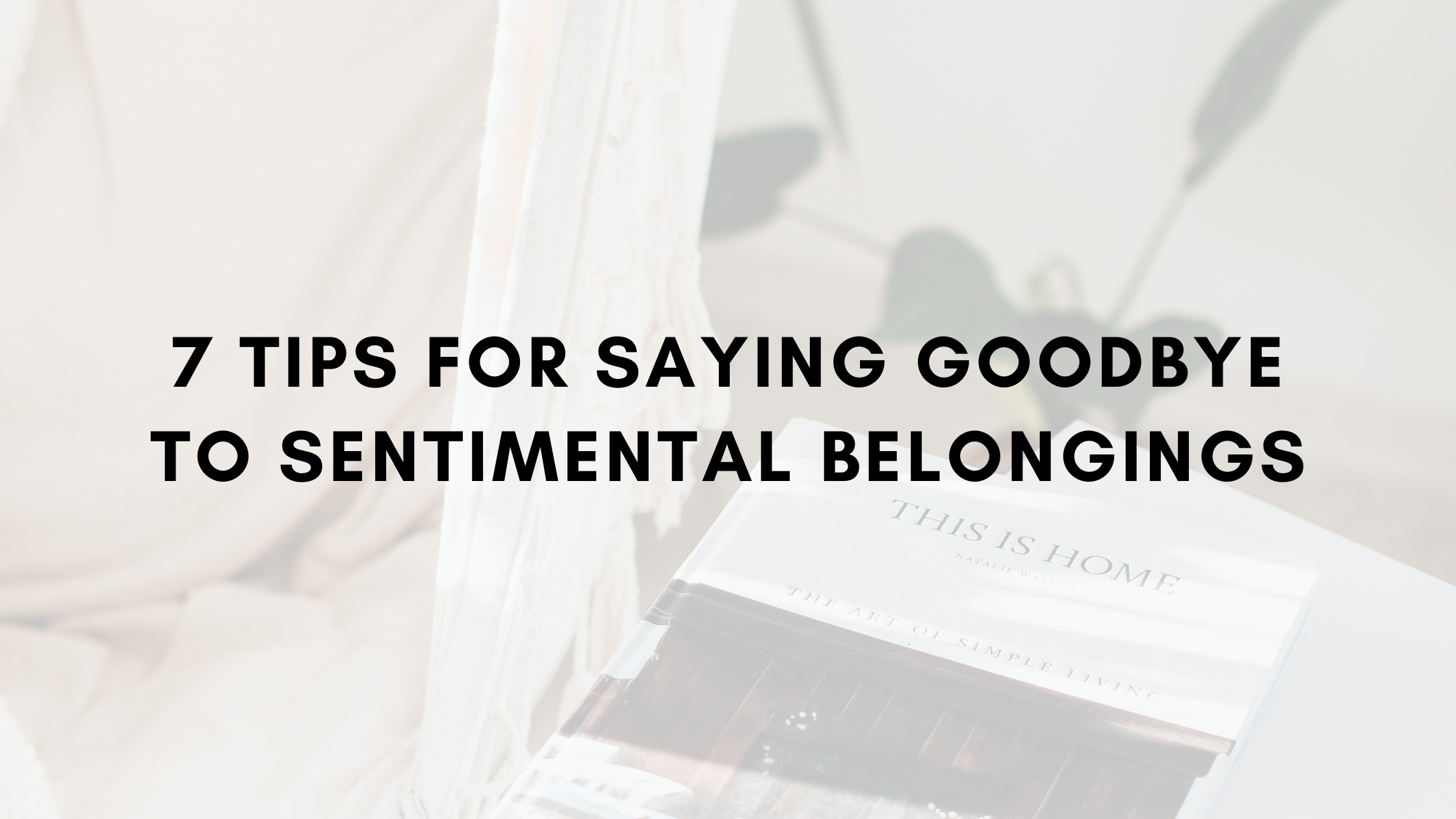Summer in New England is pure magic. The sun’s shining, the grills are firing up, and that to-do list you’ve been ignoring all winter? Yeah, it’s calling your name. But don’t worry—we’re not talking major renovations. These are simple, satisfying summer DIY projects that will make your home feel fresh, fun, and full of New England charm.
Whether you’re in a Boston brownstone or a Cape Cod cottage, here are some of the top trending summer DIY ideas to tackle this season:
1. Build a Backyard Herb Garden
New Englanders love their fresh ingredients. Whether you’re crafting cocktails or just want to step up your pasta game, an herb garden is a must. You can create a raised bed, repurpose an old pallet, or even use mason jars on your deck rail.
Bonus tip: Add local favorites like basil, thyme, chives, and mint. Your mojitos will thank you.
2. Refresh Your Front Door with a Pop of Color
A bold door is the easiest curb appeal upgrade ever. Think sea glass blue for coastal vibes or a classic Nantucket red to really show off that New England pride.
Pair it with a DIY seasonal wreath using shells, driftwood, or local wildflowers for a Pinterest-worthy entrance.
3. Craft Coastal Planters with a Nautical Twist
Pick up some terracotta pots and wrap them in rope, paint them with beachy colors, or stencil on starfish and anchors. These look great on porches, patios, and even window sills.
4. ✨ Create an Outdoor Movie Space
Use a blank wall or hang a white sheet, grab a projector, and boom—you’ve got the coolest backyard in the neighborhood. Add string lights, comfy pillows, and don’t forget the bug spray (hey, it’s still New England).
This is a favorite for warm summer nights and makes your home the hangout spot all season.
5. Upcycle Old Furniture (Yard Sale Finds Welcome!)
New England towns are full of summer yard sales—aka DIY treasure hunts. Sand down that forgotten chair, paint it with chalk paint, and give it new life. Or turn an old dresser into a cute outdoor bar for summer cocktails.
Upcycling is eco-friendly, wallet-friendly, and totally on trend in 2025.
6. Build a Backyard Fire Pit
Gather some bricks or stones, clear a space, and you’re in business. A fire pit adds warmth, light, and endless marshmallow-toasting potential. Perfect for New England nights that cool down fast—even in July.
Be sure to check your local fire safety codes before you strike that first match!
Why These DIY Projects Matter
These aren’t just weekend time-fillers. Summer DIY projects help you:
-
Boost curb appeal
-
Increase your home’s value
-
Make the most of your outdoor space
-
Create meaningful memories with your crew
Ready to Roll Up Your Sleeves?
Whether you’re going coastal chic or rustic farmhouse, these projects are perfect for anyone looking to add a little charm (and maybe a little sweat equity) to their New England home.
DIY doesn’t have to be overwhelming. Start small, have fun, and embrace that perfectly imperfect, hand-crafted charm. Summer flies by in New England—make the most of it by creating a space you love coming home to.
| DEBBIE SPENCER GROUP |
| REALTOR®, CRS, SRES |
| m: 617-285-7300 t: 781-860-7300 e: debbie@thedebbiespencergroup.com |
| 1 Militia Drive, Suite 204, Lexington, MA 02421
|








